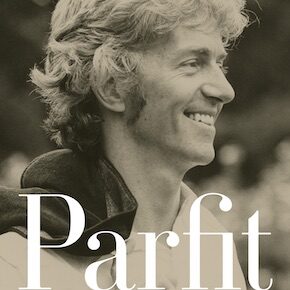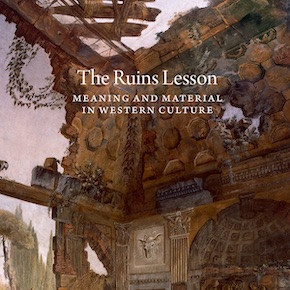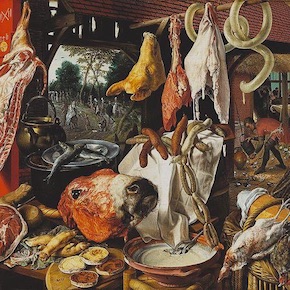
The Book of Derek Parfit
Walk around Oxford on any reasonably warm and relatively sunny day and, as you inevitably reach the Radcliffe Camera, you will invariably witness a perennial phenomenon: along a high, practically unclimbable and unassailable, Headington-stone-yellow and castle-worthy wall, there will be an impressive line-up of young people sitting down restfully, or leaning languidly against that Corallian...

Have you ever met the Greeks? They bear the most vital, wondrous gifts…
Nearly two and a half thousand years ago, a very old man slept in a bare prison cell. He was not alone, however. An old friend was watching over him, reluctant to wake him up to the day that would mark the end of his life. It is a cameo of extraordinary tenderness and humanity,...

Towards a poetics of wreckage
There is something thrilling about a beautiful book – a book whose aesthetic, material presence, and the evocative momentum of its ideas and the words that embody them, seek to touch a reader’s every nerve, even that insubstantial vital centre we call our soul. Susan Stewart’s The Ruins Lesson: Meaning and Material in Western Culture...



